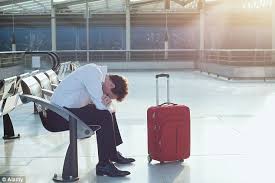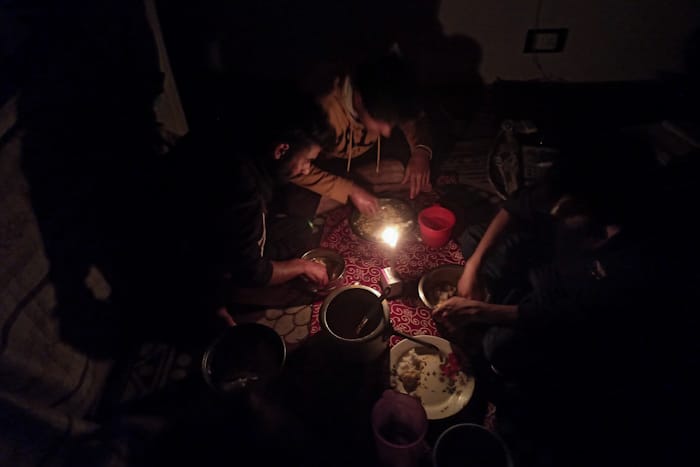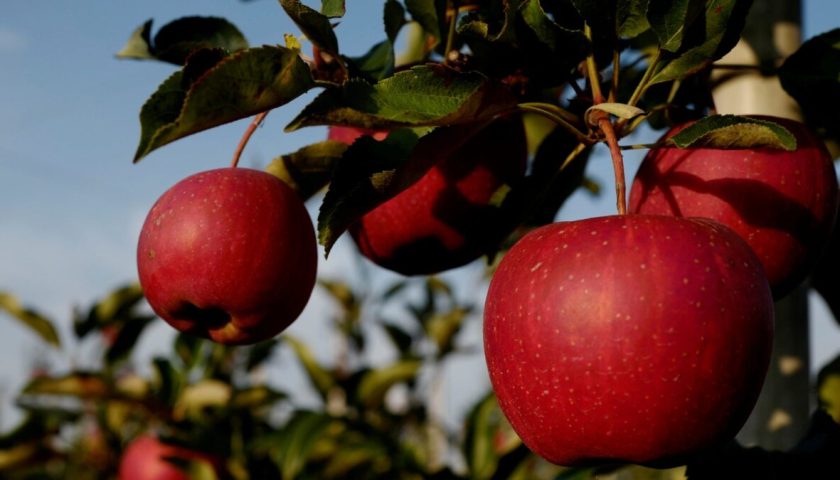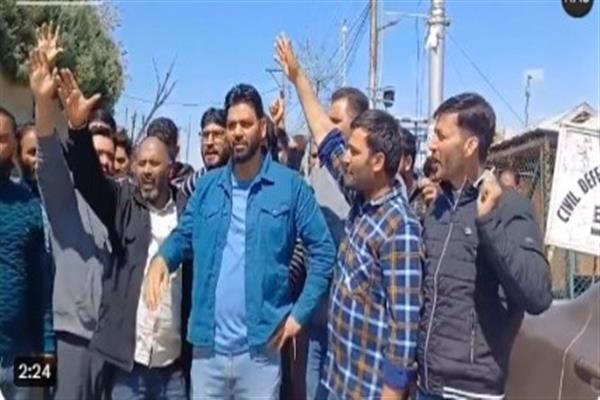Stakeholders voice concerns, ask DGCA to intervene
 Few days of downpour in Kashmir—coupled with hiccups in traffic movement on the Srinagar-Jammu highway—have again resulted in manifold increase in airfares to the state’s summer capital, with air travel from New Delhi to Srinagar costing around Rs 12,000 to Rs 20,000 per-head.
Few days of downpour in Kashmir—coupled with hiccups in traffic movement on the Srinagar-Jammu highway—have again resulted in manifold increase in airfares to the state’s summer capital, with air travel from New Delhi to Srinagar costing around Rs 12,000 to Rs 20,000 per-head.
As per the data, the air fare in the Delhi-Srinagar sector—before the weather turned inclement in the Valley—was around Rs 3,000 to Rs 7,000 per-head. And this has—for the past few days—seen a 200 percent jump, giving tough time to intending flyers on the Srinagar-Delhi sector.
The air fares gathered from official websites of several airlines reveal that it is the following for Delhi-Srinagar on March 18: Jet Airways Rs 15,359, Air India Rs 17.131, Go Air Rs 15,628, Spicejet Rs 17,646 and Indigo Rs 14,880.
The skyrocketing airfares—a phenomenon often witnessed in the wake of bad weather in Kashmir and the consequent closure of the Srinagar-Jammu highway— have infuriated passengers as well as the Valley-based tourism players who call the “arbitrary increase in rates as a deliberate ploy by the airlines to mint money keeping in view the geographical disadvantage for people of Kashmir.”
The Srinagar-Jammu highway, pertinently, is the Valley’s only surface link with rest of the world. It is however often closed due to landslides triggered by incessant rains or snowfall in Kashmir during winters.
President of the Kashmir Chamber of Commerce and Industry, Mushtaq Ahmad Wani said the government has failed to “rein in” the airlines operating in the state.
“Whenever the tourism season approaches or the Srinagar-Jammu highway gets closed, the airfares skyrocket which compounds problems for people of Kashmir,” he told , calling for an “upper ceiling on air fares so that there is no exploitation by the airlines.”
Chairman of his faction of Kashmir Economic Alliance, ShowkatChowdhary, said the solution to “this arbitrary increase air fares is to start the night flight operations at Srinagar Airport.”
“Fares are mostly determined by the demand and supply; when the night flight operations will start, the number of flights operating to Srinagar would increase which would automatically reduce the airfares,” he stated.
President of Travel Agents Society of Kashmir, Muhammad Ibrahim Siah said the increase in airfares has a “negative impact on tourist influx.”
“It causes huge losses to the tourism sector as the package to Kashmir becomes costlier than even foreign countries,” he said.
Meanwhile, the airlines have a different story to narrate. They put the onus of increase in air fares on demand and supply. “If the state government really wants to reduce the air fares they can easily slash their taxes they charge us and also ask Indian Air Force to not charge airlines a whopping Rs 20,000 on every landing,” a senior airline executive said. The Srinagar Airport is under the direct control of IAF.
The tourism players—during a meeting last week—had suggested the state government to take up the issue of rising airfares with the DGCA.
In 2014, the State Human Rights Commission termed the arbitrary hike in airfares as a move “to scuttle the flow of tourists to the Valley.” Its bench had observed that it (the fare hike) hits the local patients and students going for treatment/studies outside the state, badly.
The commission sought reports from Director Civil Aviation and all airlines into the matter.






